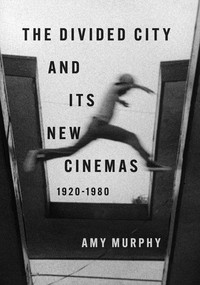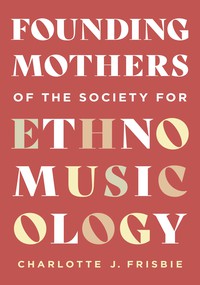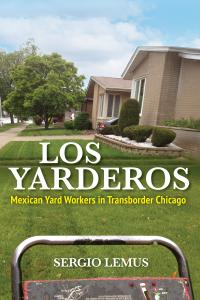
Building Filipino Hawai‘i
About the Book
Drawing on ten years of interviews and ethnographic and archival research, Building Filipino Hawai'i delves into the ways Filipinos in Hawai'i have balanced their pursuit of upward mobility and mainstream acceptance with a desire to keep their Filipino identity.Roderick Labrador speaks to the processes of identity making and the politics of representation among immigrant communities striving to resist marginalization in a globalized, transnational era. Critiquing the image of Hawai'i as a postracial paradise, he reveals the ways Filipino immigrants talk about their relationships to the place(s) they left and the place(s) where they've settled, and how these discourses shape their identities. He also shows that struggles for community empowerment and identity territorialization continue to affect the ways in which minority groups construct the stories they tell about themselves, to themselves and others.
An in-depth study of an oft-overlooked minority group, Building Filipino Hawai'i offers a rare on-the-ground view of immigrants and the children of immigrants struggling to build community. It explores what happens when members of different social tiers pursue upward socioeconomic mobility by building identities on competing origin myths and claims to cultural purity.
About the Author
Roderick N. Labrador is an assistant professor of ethnic studies at the University of Hawai'i at Manoa. He is the coauthor of Filipinos in Hawai'i and coeditor of Empire of Funk: Hip Hop and Representation in Filipina/o America.Reviews
"An outstanding addition to a growing field of studies focused on Filipina/o American community building and identity formation."--Western Historical Quarterly"Labrador provides many necessary interventions to studies of Filipinos in the United States and helps further the reconceptualization of what it means to be Filipino throughout the Philippine diaspora and the ongoing production of global transnationalism."--The Journal of American History
"Building Filipino Hawai'i is a much-needed work on contemporary Filipino lives in the islands, in the fifty years since the resumption of significant emigration from the Philippines. Consistently argued and astutely theoretically framed. . . . Building Filipino Hawai'i promises to be the principal text on not only Filipinos, but also the contemporary experiences of ethnic and immigrant minorities in Hawai'i in the political context of the Hawaiian sovereignty movement."--Pacific Historical Review
Blurbs
"Labrador provides an engaging and thoughtful study of Filipinos in Hawai'i, demonstrating how they have struggled to define and/or redefine their identity in the diaspora, by moving from the margins of Hawaii's society to becoming an integral part of it, while also maintaining their sense of Filipinoness."--Rudy P. Guevarra Jr., author of Becoming Mexipino: Multiethnic Identities and Communities in San Diego
"Hawai'i is often held up as a model of liberal multiculturalism, a site in which a truly postracial order has been achieved. Labrador, however, demonstrates how the racial order in Hawai'i continues to be hierarchized, is premised on settler colonialism, and rests on a classed anti-immigrant sensibility. Building Filipino Hawai'i is an important read."--Robyn Magalit Rodriguez, author of Migrants for Export: How the Philippine State Brokers Labor to the World








